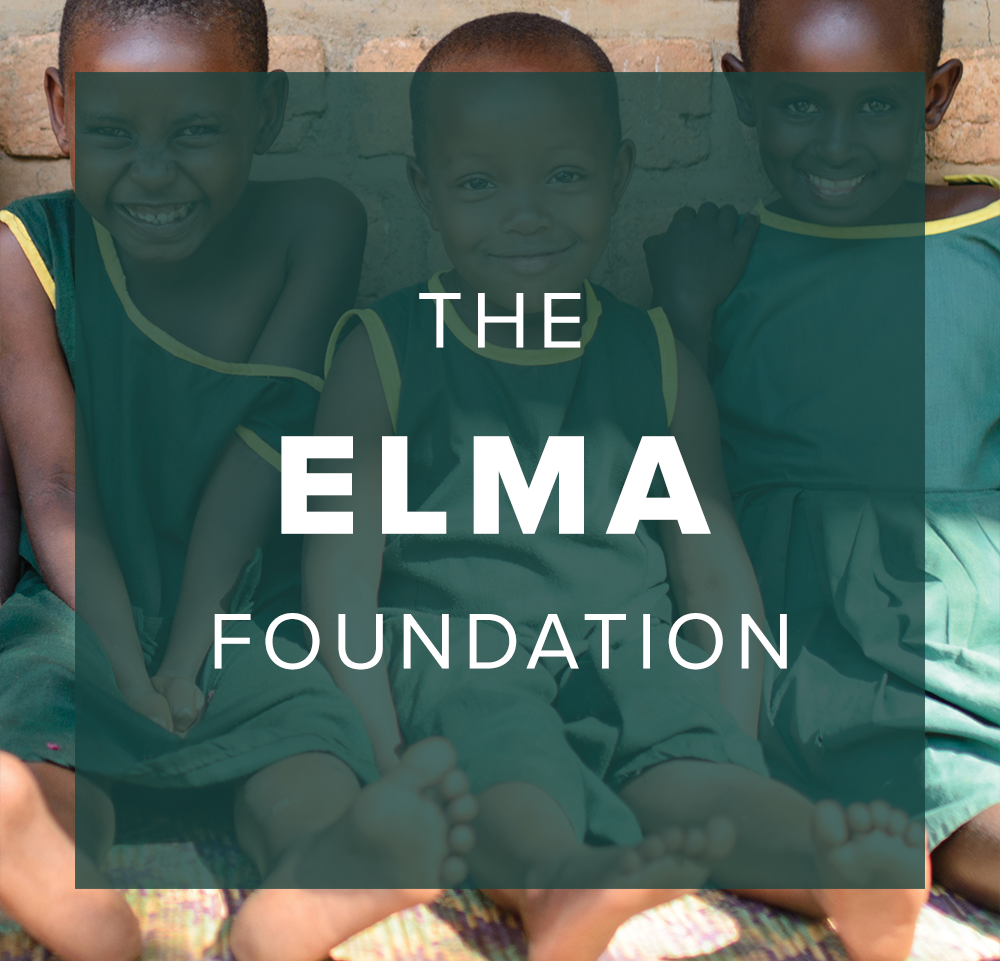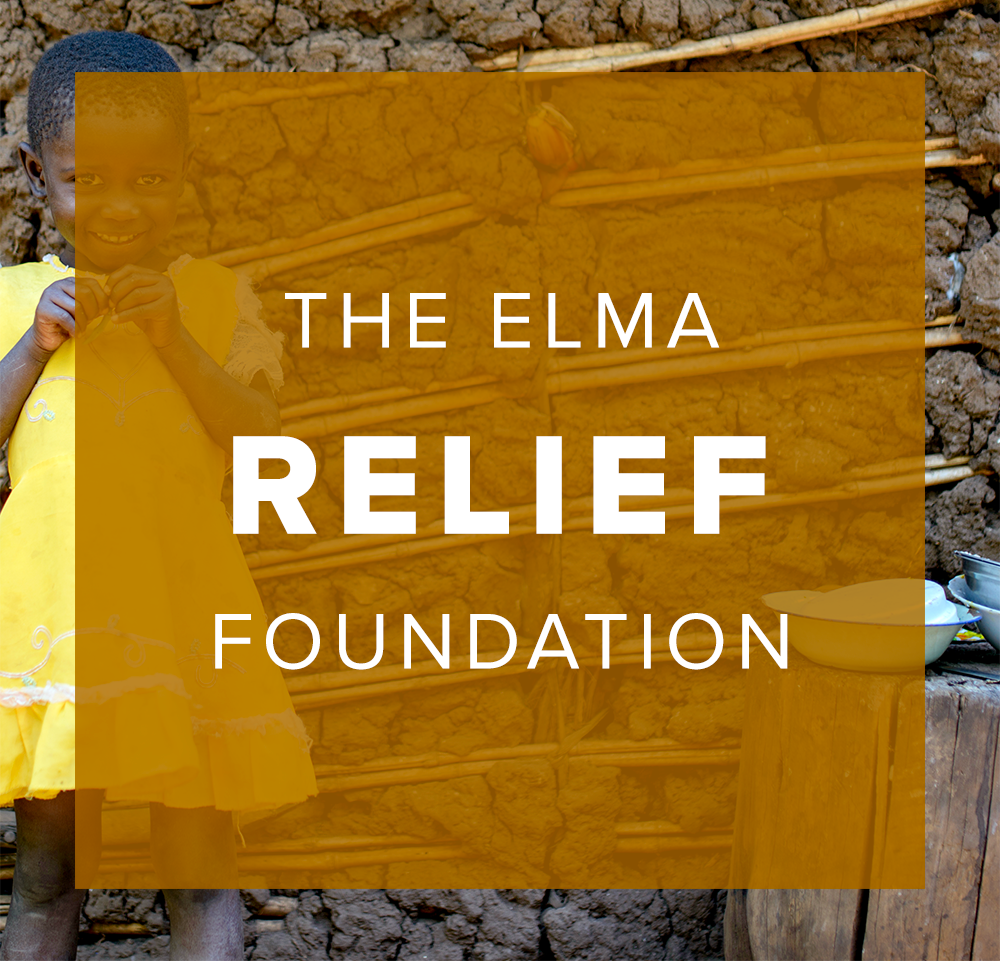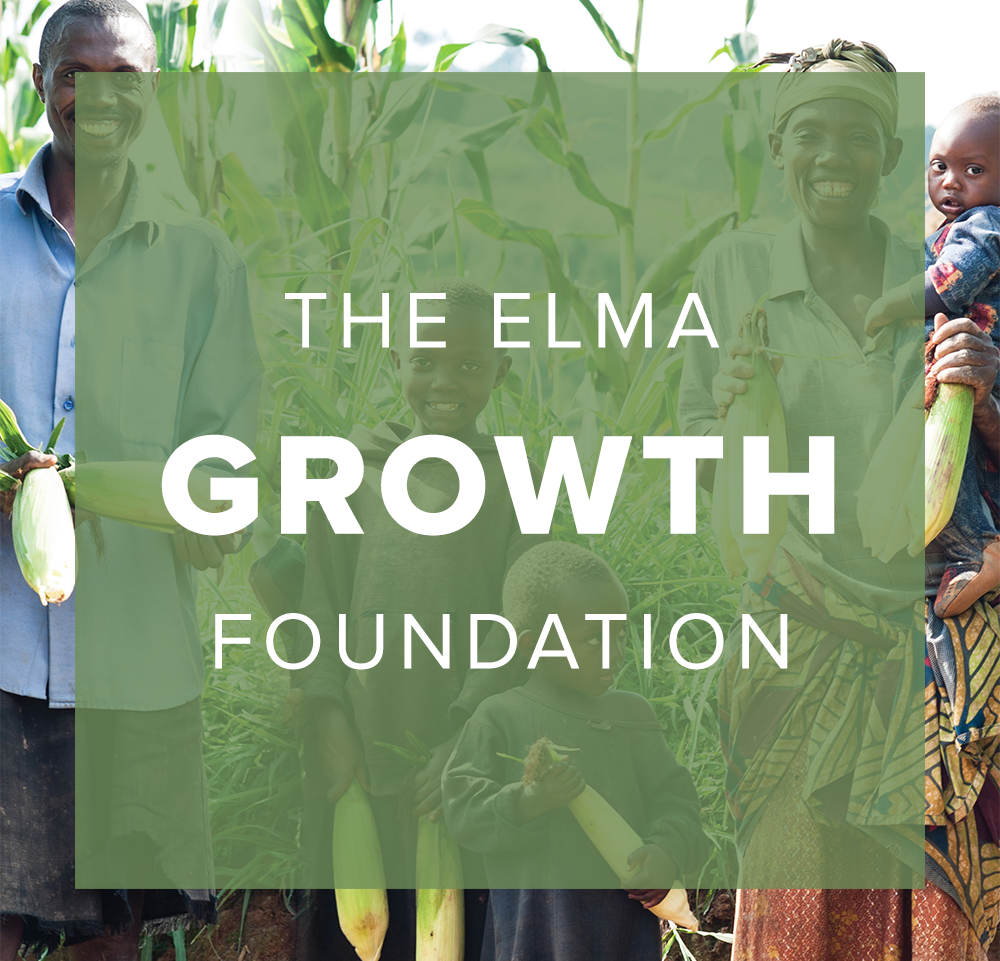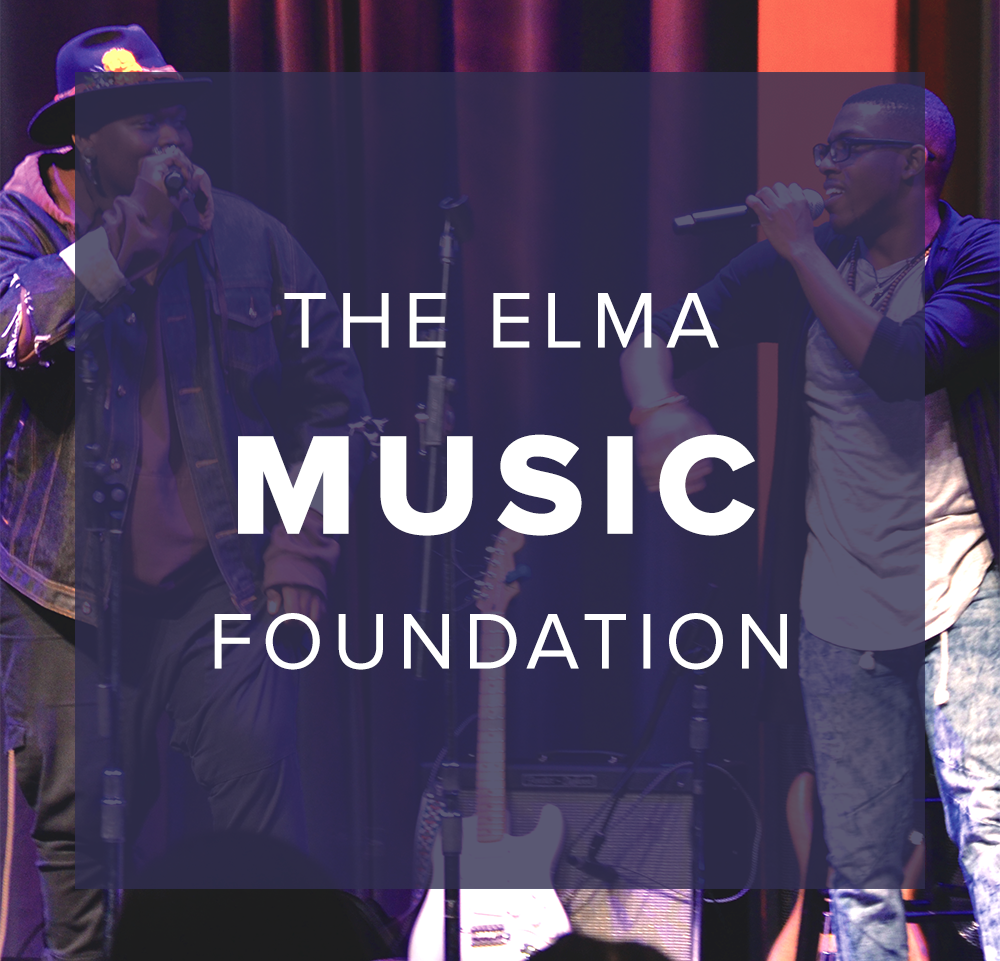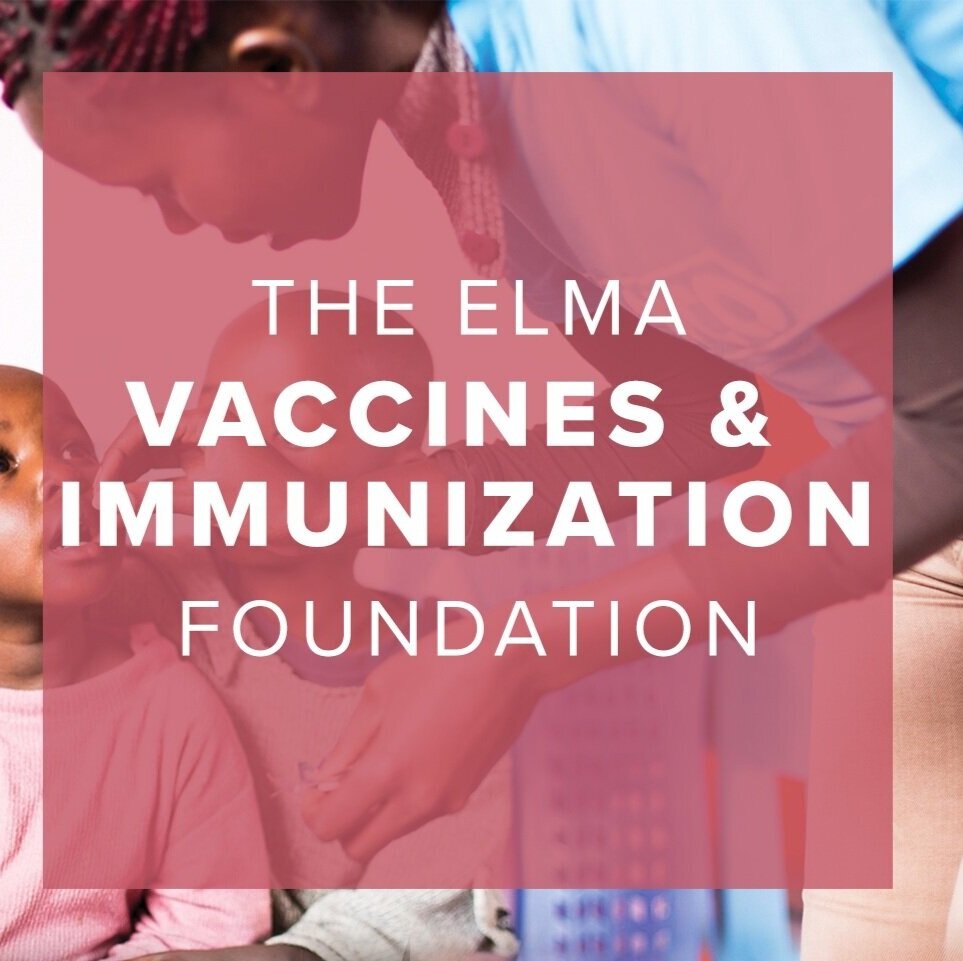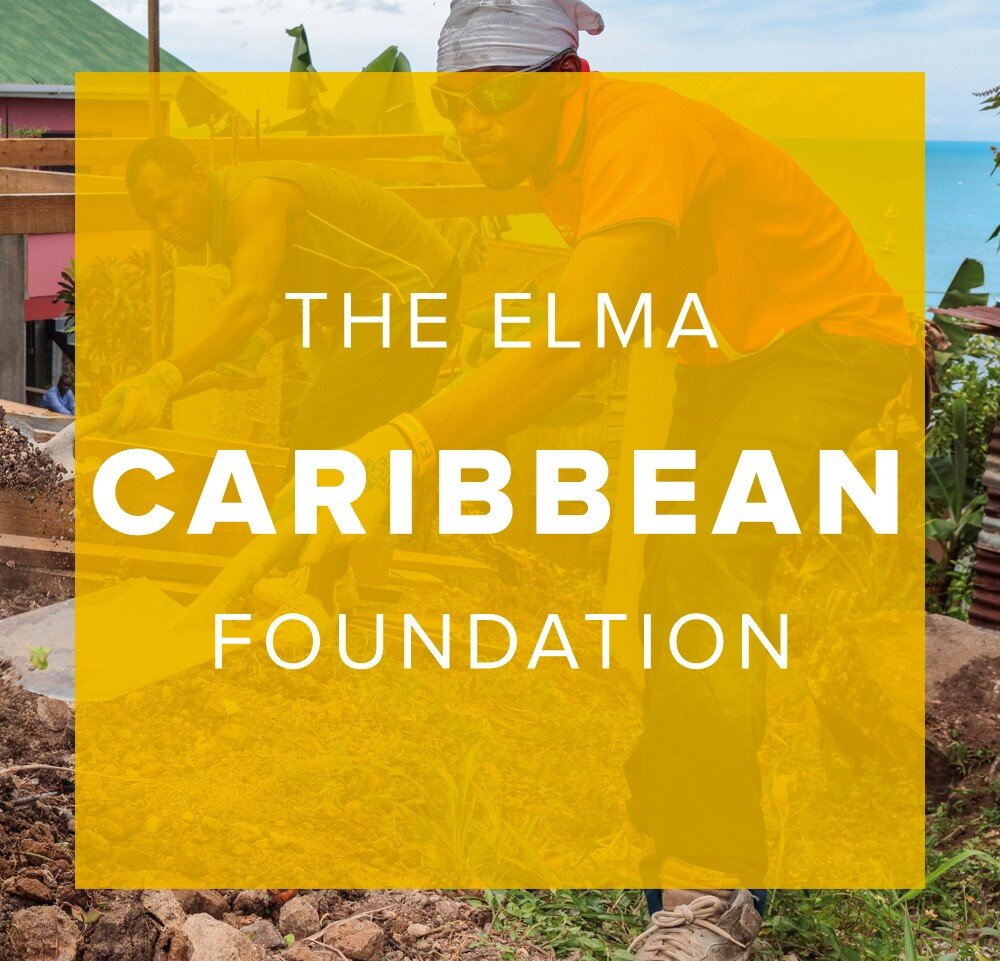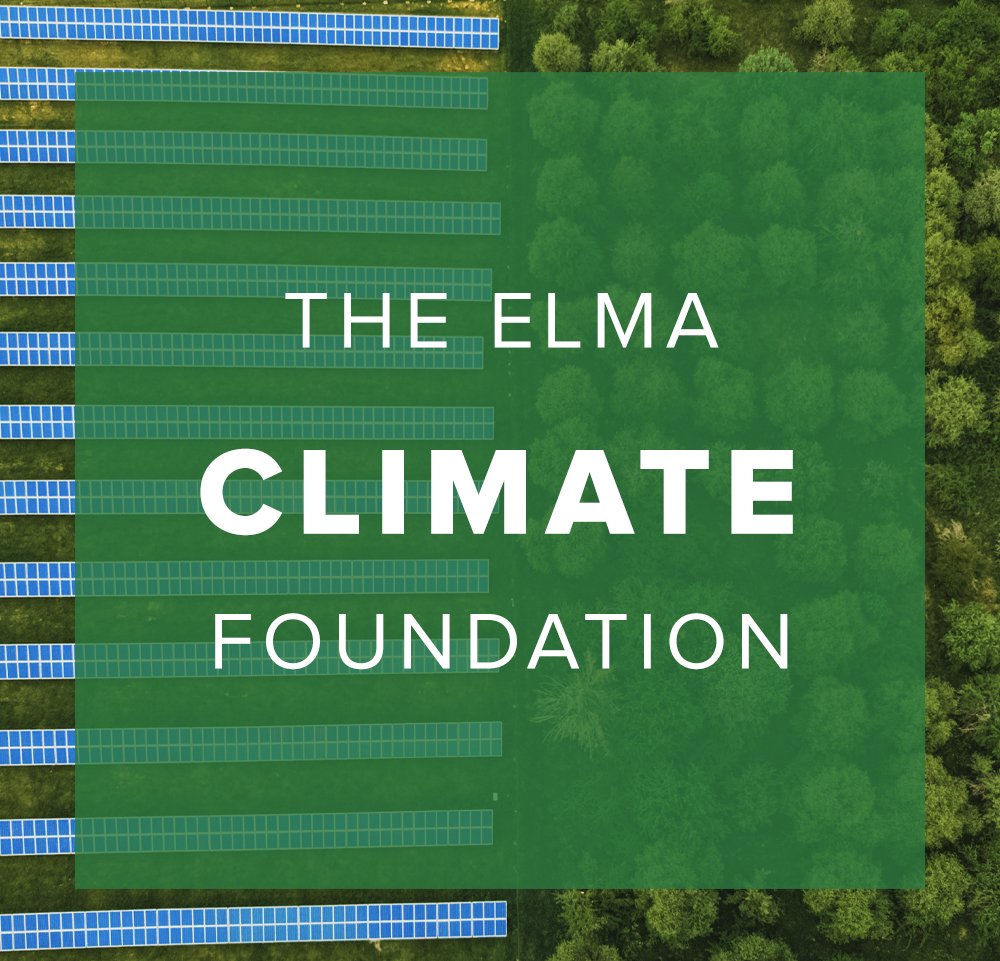ELMA Community Grants Program Partners Respond to Civil Unrest in South Africa
September 15, 2021
Ruth Mapara
Director
Masana wa Afrika
Photo: Isibani community food delivery
In July 2021, civil unrest broke out in KwaZulu-Natal and Gauteng Province, South Africa.
Widespread looting, violence, and destruction of businesses, schools, and infrastructure left over 300 people dead, caused extensive economic damage and loss of livelihoods, and disrupted the food supply chain as well as COVID-19 vaccination and other essential medicine programs. Communities already affected by poverty and inequality – exacerbated during COVID-19 – are recovering from the psychological and emotional trauma caused by the unrest.
Despite their own hardships caused by the turmoil, 10 South African community-based organizations within The ELMA Community Grants Program (ECGP) quickly took action to fulfill the immediate needs of their communities.
With emergency relief funding provided by the ECGP, these local organizations were able to pivot their programming to expand their reach and distribute food and supplies as well as provide livelihood, psychosocial, and emotional support to more families and individuals.
● Zisize Ingwavuma Educational Trust (Ingwavuma, KwaZulu-Natal)- As one of the few organizations in their area, Zisize has increased food support to additional community members affected by the crisis. After food and storage units for their school feeding program were looted, they had to restock so that schools could reopen for the third term. They are also combating long-term food insecurity by increasing the size of community gardens and planting more diverse foods.
● Isibani Sethemba (Ingwavuma, KwaZulu-Natal)- The unrest affected the livelihoods of many of the households served by Isibani. In response, they delivered food to households with infants and vulnerable children, those on chronic medication for HIV/AIDS and TB, as well as patients enrolled in their palliative care program. Additionally, they helped increase the number of home gardens to ensure long-term food security.
● Woza Moya Community Development Project (Ixopo, KwaZulu-Natal)- When food supply was disrupted in Ufafa Valley, Woza Moya served as a community supply source providing food parcels to an estimated 100 households.
● Thanda After School (Umzumbe Municipality, KwaZulu-Natal)- To help children cope with emotions stemming from the unrest, Thanda is providing psychosocial support by running a specially designed curriculum called “Unrest Unpacked”. They are also expanding their well-established organic farming program, which has been a reliable source of seasonal vegetables for their beneficiaries during food shortages.
● Refugee Children’s Project(Johannesburg, Gauteng)- After 70 small businesses run by refugees and migrants were looted in central Johannesburg, Refugee Children’s Project provided capital to restart the businesses, and also provided food parcels to families.
● Kliptown Youth Program (Kliptown, Gauteng)- When over 4,000 people were impacted by the unrest in their community, Kliptown Youth Program extended its community kitchen that feeds children in their after-school program to include additional community members. They are also providing families that have lost their livelihoods with food parcels and assistance to seek alternative employment opportunities.
● Malamulele Onward(South Africa)- Families of children with cerebral palsy, whose hardships were worsened during the unrest, were provided with specialized food packages and hygiene packs as well as psychosocial support.
● The Sunshine Centre Association(Johannesburg)- Sunshine Centre Association is providing food relief, hygiene packs, and psychosocial support to families of children with physical and emotional disabilities whose livelihoods were affected by the unrest.
● The Ububele Educational and Psychotherapy Trust (Alexandra & Johannesburg, Gauteng) and dlalanathi (Pietermaritzburg, KwaZulu-Natal)- As experts in mental health support, these organizations are providing psychosocial support to affected children and their families through play therapy sessions and parent support groups. They are also working together to help teachers process stressful and traumatic situations and better support children through the Creating Calm Classrooms program.
Through these trusted partners, many serving communities in hard-to-reach areas, The ELMA Foundation was able to provide immediate relief support to those most in need.
Looting and food delivery in Isibani community






